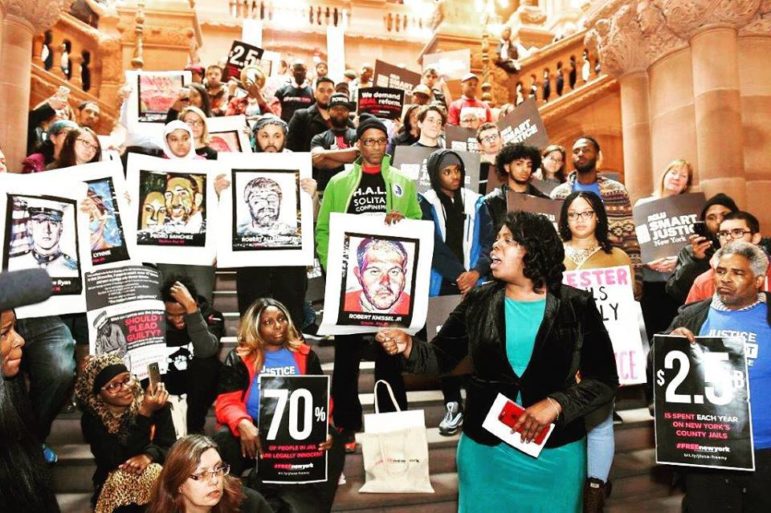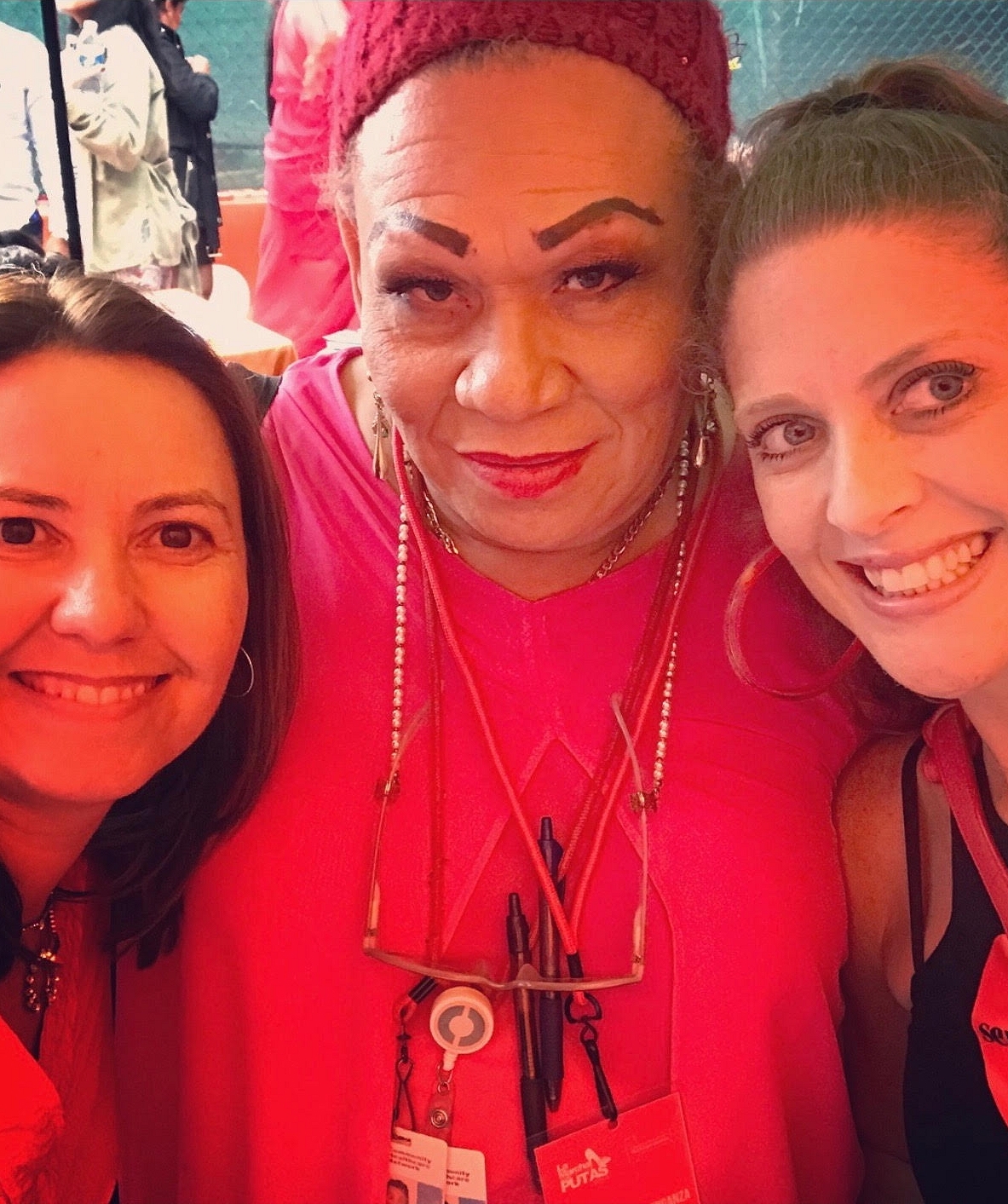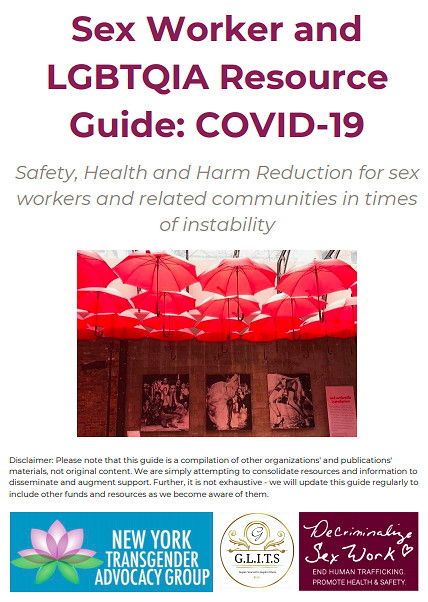April 3, 2020
Amidst the rising tide of the COVID-19 crisis, a dangerous and controversial budget has passed both chambers of the New York legislature and been signed into law. Gov. Andrew Cuomo (D) and Senate Majority Leader Andrea Stewart Cousins (D-Yonkers) championed the dangerous and controversial bail reform rollbacks included in the bill, which will send thousands of New Yorkers back to pretrial detention centers in the midst of a pandemic, where state jails and prisons are hotbeds of infection.
Last year’s incredible bail reform led to a 30% decarceration rate in New York State, amending the state’s unconstitutional cash bail policy. 43% of people detained before trial were made eligible for release in a landmark win for state-level human rights and criminal justice reform advocates. Waiting for court dates, particularly for low-level crimes, often takes months and, on occasion, years. Pre-trail detention disrupts the lives of defendants, resulting in job losses and community instablity and the financial and psychological costs of incarceration. The new budget bill reverses these critical reforms. In the time of COVID, it also endangers the lives of thousands of potentially innocent men and women.
DSW joined Justice Roadmap’s coalition call the morning the bill was passed to understand how the rollbacks will injure our communities, increase arrest and incarceration rates, and allow racial bias, profiling, and harassment by law enforcement to proliferate. The bill creates 15 new bail eligible categories, including certain misdemeanors for which defendants will be sent to jail before trial if they cannot make bail.
More harmful still is its creation of a bail-eligible group of people. Anyone with a new felony charge — anyone on parole release supervision or probation who is re-arrested, or anyone released on recognizance charged with harming an identifiable person or piece of property — is bail eligible. The provision extends to nonviolent crimes such as repeat shoplifting offenders or graffiti artists. Rollbacks also allow for-profit companies to provide electronic monitoring equipment and increase the discretion of judges and prosecutors in the disclosure of evidence before trial, conditions of release, and rehab requirements for drug offenders.
Many representatives and media sources are referring to the amendments as “tweaks” of the reform bill, but the consequences of these changes are severe. The Vera Institute of Justice predicted that the rollback reversal would send an additional 7,000 people to jail in New York State every day. The majority of the tens of thousands of cases that will be made bail eligible will be from the re-arrest of non-bail-eligible offenders. Because of the nature of misdemeanor arrests, which are a function of policing tactics rather than crime rates, re-arrests disproportionately target communities of color.
The same report predicted that 80% of people brought in on new bail offenses will be Black and Latinx. At a time when the infection rates in some state prisons are eight times higher than the rest of the state, this is a reality we cannot afford.
Facing criminalization, police harassment, and surveillance, sex workers are likely to feel the impact of this discriminatory law. Transgender people of color are frequently arrested merely for “looking like” sex workers. COVID-19 has increased the financial vulnerability of already low-income New Yorkers. Excluded from federal financial relief, sex workers (including legal sex workers such as dancers) have limited choices for survival. If an individual on parole, probation, or released on their own recognizance (ROR) is picked up for sex work, they will be funneled into the penitentiaries that are witnessing cataclysmic rates of infection.
To intentionally increase prison populations at this time, especially with such a blatant racial bias, is senselessly cruel and deeply irresponsible. It is more critical than ever that we stand together to oppose rights abuses during this crisis. Last year’s bail reform took necessary steps to combat the discrimination and racism that permeates our court system. The new budget is a detrimental reversal of that progress.
The budget narrowly passed on the Assembly side, as some 27 Democrats broke with their conference to bravely oppose these rollbacks. On the Senate side, only five Democrats bravely voted against the bill. Sen. Jessica Ramos (D-Jackson Heights) explained her dissenting vote in a statement, saying that the budget “dramatically rolls back bail reform and will send more New Yorkers to jail at a time when we should reduce our jail population, not expand it.”

Gov. Cuomo addresses the media concerning COVID infections in NYS at Javits Convention Center. (Photo: Eduardo Munoz Alvarez/Getty Images)

According to a Legal Aid Society Report, the infection rate of COVID-19 is up to 8.25% at Rikers Island and other state prisons, as opposed to 0.19% in the rest of the state. (Photo: Debra L. Rothenberg/WireImages)

Assemblywoman Latrice Walker stands with activists rallying for last year's historic bail reform in New York State. (Photo: City Limits, 2018)
DSW Newsletter #13 (April 2020)
Hero of the New York Transgender Community Passes Away From COVID

Co-Working From a Social Distance

Dangerous Bail Reform Rollbacks Pass in the NYS Budget Amidst Pandemic Crisis

FOSTA/SESTA #2: The “EARN IT Act” Threatens the Rights and Safety of Online Communities

DSW and Allies Publish COVID Guide

 Hero of the New York Transgender...
Hero of the New York Transgender...
 Co-Working From a Social Distance
Co-Working From a Social Distance
 Dangerous Bail Reform Rollbacks Pass in...
Dangerous Bail Reform Rollbacks Pass in...
 FOSTA/SESTA #2: The “EARN IT Act”...
FOSTA/SESTA #2: The “EARN IT Act”...
 DSW and Allies Publish COVID Guide
DSW and Allies Publish COVID Guide
